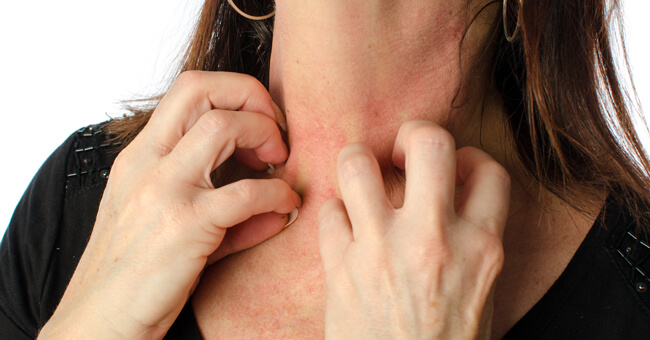Why do depression and anxiety symptoms occur more in some people than others? When faced with the same or similar stressors, why do some people cope well and get through the stressful times without a significant mood change while others fall into depression and/or anxiety? There are a few key reasons why this happens to some and not others.
The most important reason is genetics. One has a propensity for a mood disorder if there is a family history of same. This can be difficult to trace since many don’t share intimate feelings with others. Clues are addiction such as alcoholism as well as turmoil and instability of the lives of relatives. It may not have been formally diagnosed then because much less was known about mood disorders years ago before science and technology were able to explain the chemical changes that happen within the body. Many were stoic and felt that suffering was their lot in life. Some don’t like to admit what they perceive as weakness and don’t readily admit fault. There was and still is a high stigma associated with this subject.
The likelihood of developing a mood disorder is higher the stronger the genetics. If one has a history on both sides of the family, then the likelihood is higher than if just one side of the family has a significant history. I also notice that an individual follows the tendencies of whichever parent or relative the person takes more after, with regard to looks and personality.
The second most important reason for developing a mood disorder is when one is changing hormonally. One is more prone during puberty, post-partum, pre-menstrual and mid-life. When I ask patients when they felt best in life, the most typical answers are during childhood (before middle-school), late teens to early to mid twenties or maybe early thirties. These are times of life which are more carefree with less stressors. This may not be the case if there was significant abuse or neglect in childhood. Major stressors or trauma in any of these stages of life increases the likelihood of a mood disorder. These hormonal change times mentioned apply to males and females. For men it corresponds to “mid-life crisis” and for women, pre-peri-post-menopause.
The third factor has to do with what stressors that the individual is facing as well as the person’s ability to cope with stress. This has to do somewhat with a person’s personality and underlying self-esteem. Also, the more traumatic and severe the stressors as well as how many stressors are occurring within a short period of time, increases the likelihood that a mood disorder will occur.
It may seem surprising, but stressors are the least important factor, with genetics and hormonal changes being more predictive. The tendency is to figure out how one is feeling based on what is happening externally rather than looking inwardly. I will continue next time with an explanation of what happens within the body associated with changes in mood. Bye for now and Happy Thanksgiving.




